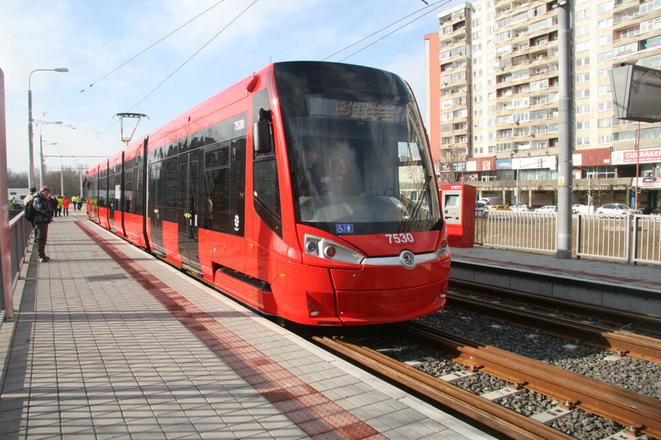Rising energy bills and inflation, coupled with legislative changes that the parliament adopted in late 2022, mean that municipalities are facing a heavy financial burden in the new year. Bratislava is no exception.
The measures promoted by former finance minister Igor Matovič, which he intended as help for Slovak households during skyrocketing prices turned Bratislava into one of the EU's poorest capitals, according to Mayor Matúš Vallo.
“The two weeks that parliament spent changing laws like on a conveyor belt, were worse for Bratislava in financial terms than the pandemic and the war in Ukraine combined,” said Vallo.
Only the tax bonus increase to €100 reduces municipalities’ revenues by €544 million this year. Compensations adopted by MPs barely address a fifth of this amount.
For Bratislava, it means that it is now the second-poorest EU capital after Sofia. The higher tax bonus will cost the city €26 million. Higher surcharges for weekend and night work, adopted at the very last minute, will increase personnel costs by more than €1 million. This will especially affect the municipal public transport company DPB. On top of that, DPB along with the city is still pushing ahead with a €30 million debt for lost income during the pandemic. Unlike private carriers, the city was not allowed to draw compensation for these outages.
As a consequence, the city needs to cut expenditures by more than €50 million this year, Dagmar Schmucková, Bratislava spokeswoman, specified for The Slovak Spectator.
“Lower revenues will negatively affect the quality and availability of the services we provide for Bratislava residents,” said Vallo.



 The current tram terminal station on Jungmannova Street in Petržalka. (source: SITA)
The current tram terminal station on Jungmannova Street in Petržalka. (source: SITA)